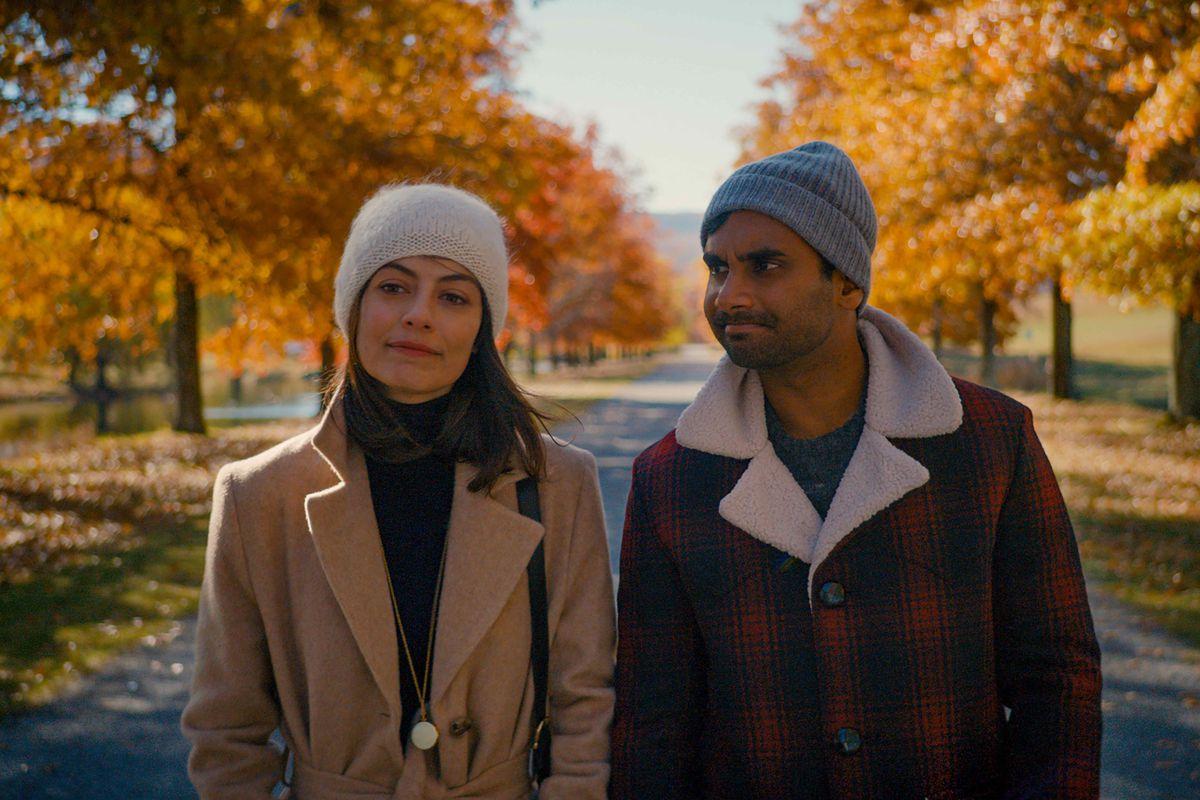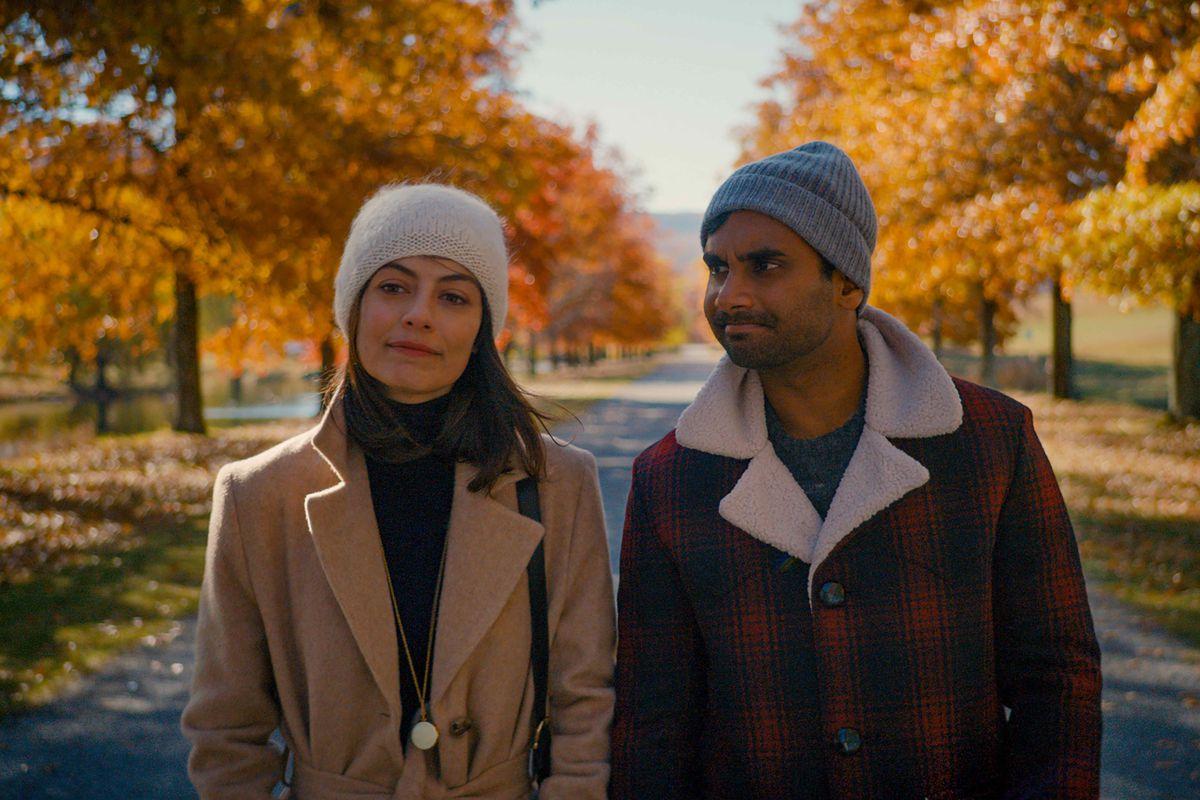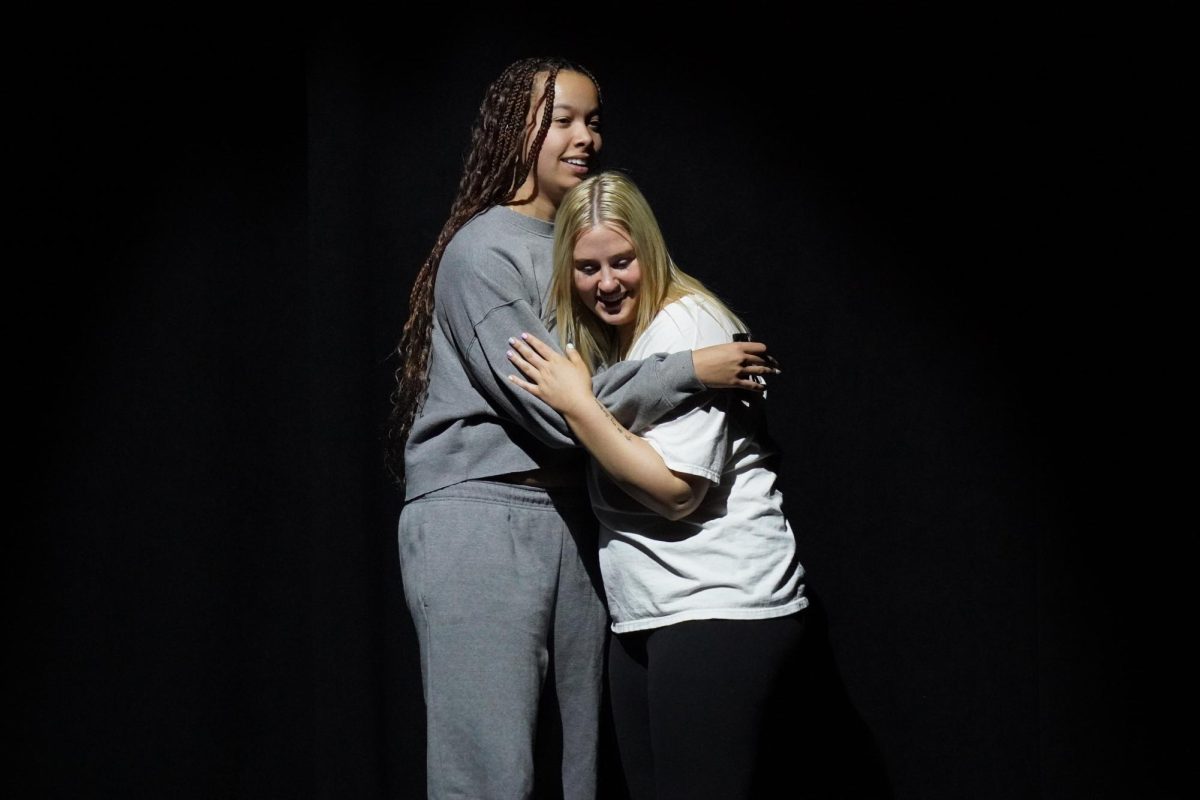Master of None” has returned to Netflix in a witty second attempt at finding Dev a reason to exist. The series has its audience hoping for the best as they relate with the worst.
Season two begins by paying respect to Italian cinema in ways that were only expressed through food in season one. The first episode, “The Thief” follows Dev, played by Aziz Ansari, living in Modena, Italy after his break up with Rachel. It is beautifully shot in black and white, subtitled, and filled with delicious looking food. The cuisine, aesthetic and Francesca, played by Alessandra Mastronardi, who could not be more likable, dominate most of the episode but give way to a recognizable theme; the search for love. However, Ansari and co-creator Alan Yang fearlessly omit any sense of a linear narrative throughout the season by breaking away from Dev’s life to highlight issues of obvious importance to them.
Like season one, the episodes touch on racism, the state of television and relationships. But now, Yang and Ansari willingly abandon Dev’s character to devote time for commentary on these issues. With each episode acting more like a short film, the structure may or may not appeal to everyone. It’s apparent after the first few episodes that the audience will not receive many rewarding conclusions or plot twists, but it is undeniable that “Master of None” is one of the most progressive and selfless shows on television. Its charm and auteur comedy distract viewers as Ansari and Lang call out the ignorance in American society.
“New York, I Love You” introduces three minorities as we follow their lives on a typical day. This episode shifts perspective from a privileged Dev, to three people who represent the opposite. Although much of the show is about life in New York, Ansari keeps the message relevant to both affluent young adults as well as those underrepresented in the media.
On a lighter note, “First Date” follows Dev on a series of awkward evenings with women he met on a dating app. It’s painful and we know it won’t have a happy ending, but isn’t that what keeps us watching? Ansari’s portrayal of Dev’s endless search for anything is what makes “Master of None” so easy to binge watch. We hope that somehow, someday, Dev will find what he’s looking for, because if he can, can’t we?
“Master of None’s” structure is somewhat familiar. The dramedy that follows Dev and his friends is comparable to Louis C.K.’s character in “Louie.” Ansari and Yang’s implementation of the “lovable loser” trope seems to be a millennial friendly version of Louie, whose character illustrates the hardships he’s found as a middle-aged man. Both of the shows are very much a reflection of their creators and how they view their world. Both can be dark and have the potential to drift too far from where a typical audience would resonate. Regardless, the social commentary and short plot lines continue to entertain and mature as Ansari and Yang mature themselves. The success of “Louie” can predict the success that “Master of None” has seen and will see in future seasons.





![[Both photos courtesy of sonoma.edu]
Ming-Ting Mike Lee stepped in as the new SSU president following Sakakis resignation in July 2022](https://sonomastatestar.com/wp-content/uploads/2024/04/CC4520AB-22A7-41B2-9F6F-2A2D5F76A28C-1200x1200.jpeg)



























